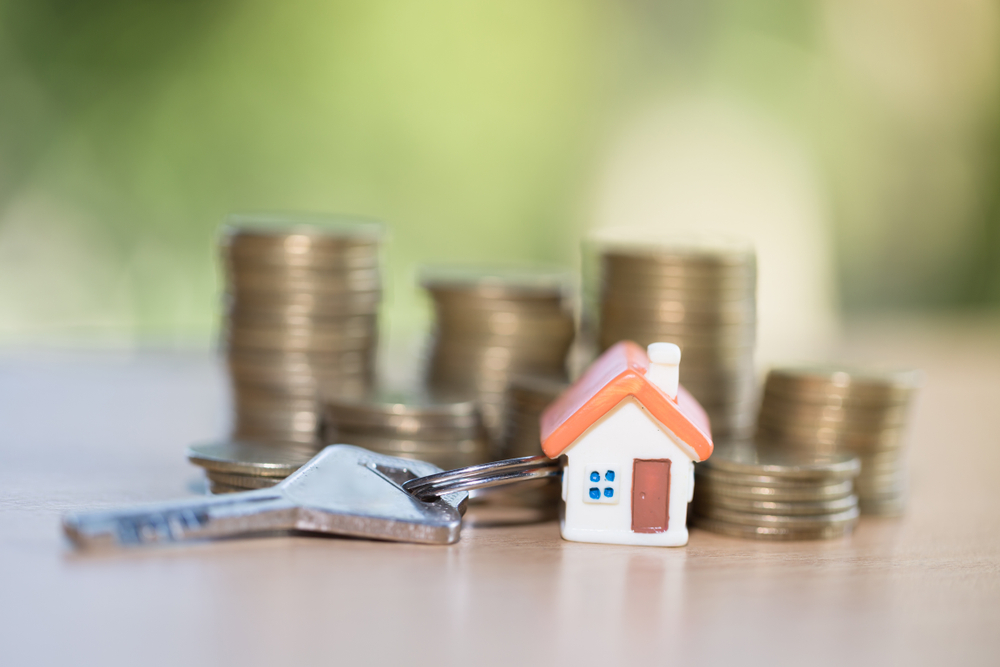184: Should You Pay Off Your Mortgage?

Podcast: Download
A simple question can have so much complexity around it. Here’s one I get all the time: “Should I pay off my house?”.
Conventional wisdom says this is a no brainer. Look at all the financial gurus out there like Dave Ramsey and Suzi Orman—they all think you ought to be paying off your mortgage. Is it possible that they are wrong?
Even in the unconventional alternative space, this is a controversial issue. A mortgage on your house is debt. If you follow Robert Kiyosaki, he says that there is good debt and bad debt. Good debt puts money in your pocket (ie. mortgages on investment property) and bad debt takes money out of your pocket (ie. buying a television on your credit card).
That’s straight forward. But what about the debt on your personal residence? Clearly that does not put money in your pocket. You could argue that with appreciation it might some day, but it certainly does not make you any money in the short term. So…it’s a bad debt, right?
Yes, but wait a second. Chances are, your interest rate is pretty low. Instead of paying off your mortgage that is 3-4 percent, one might argue that putting excess capital into something relatively safe like Wealth Formula Banking that yields 5-5.5 percent compounding might make more sense. In fact, that would give you not only tax free-arbitrage, but also liquidity to borrow against at a moments notice.
I hear some people say that they keep equity in their home in case they need to access it for liquidity through a home equity line of credit. But the problem there is that if you have an emergency (ie. you lose your job), your bank may not let you access your home equity anyway. Banks only lend to people with income and good credit. In other words, you may not be able to get to your own money when you need it the most!
And let’s not forget why that bank doesn’t want you to pull that equity out if you get into trouble. When you have a lot more equity in your home, you become a bigger target for foreclosure. If there is little equity in your home, the banks don’t see nearly as much value in foreclosure.
Lots of equity in your home, on the other hand, makes you a bigger target for creditors. Just remember, when you get sued, debt like mortgages and other loans are your best kind of asset protection!
Now, you may be reading this and concluding that I am a fierce advocate of leveraging your home to the hilt. That’s not necessarily the case. I am just a fierce advocate of thinking about what you are doing rather than just following conventional financial wisdom.
What I will say is that the math favors not keeping a whole lot of equity in your home if you consider the time value of money and asset protection. The rest, in my opinion, is psychological. When it comes to debt on your personal residence, the psychological often supersedes the math and that’s okay too. I just want you to think about why you do what you do.
Now, what if there was a way to access home equity without borrowing? What if you could sell part of the equity in your home and not have payments to worry about? There is actually a relatively new product known as a home equity contract that could potentially allow for you to have your cake and eat it too.
That’s what we are going to talk about on this week’s Wealth Formula Podcast so don’t miss it!

Shownotes:
- The problem that Quantm.One tries to address
- What is Quantm.One?
- Why Home Equity Contracts are becoming more popular
- How to have your cake and eat it too.
- Matthew talks about Quantm.One’s online process
 Send Buck a voice message!
Send Buck a voice message!



